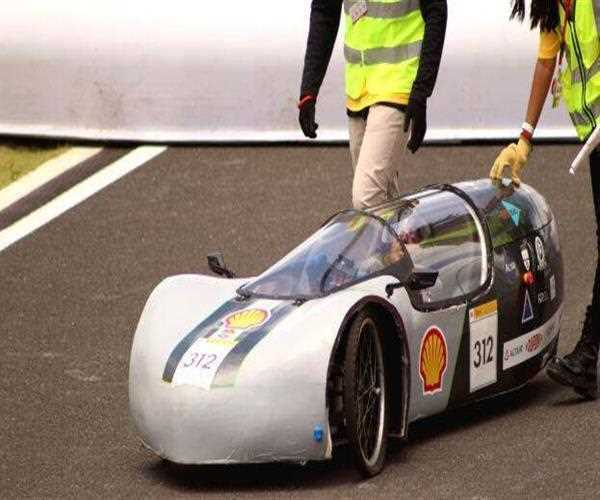
Engineering students from Kerala who created an electric vehicle won an international award.
At the International Energy Efficiency Competition, Shell Eco-Marathon (SEM) 2022, held at the Pertamina Mandalika circuit in Indonesia, an electric vehicle created by engineering students from Government Engineering College Barton Hill, Thiruvananthapuram with the guidance of Acsia Technologies won an award, a special mention for the Dupont International Award for Safety, and an honourable mention for the Dupont International Award for Technical Innovation. The team received assistance from Dr. R. BINDU, Kerala's Minister for Higher Education, in order to enrol in grants and other government programmes. Out of many submissions from around the world, Pravega's team of 19 students from the mechanical stream of the institution's college won first place with their electric vehicle, 'Vandy.' Before achieving the goal, the pupils had to pass a number of tests and interviews.
'This is a major victory for us. This project gave us the exceptional chance to put our engineering knowledge to use and develop it further in order to build a sustainable and ecologically friendly product. The five teams from India that qualified for the international level of the competition were Pravega, and Kalyani S. Kumar, Team Leader of Pravega, expressed her team's gratitude to everyone who helped them. In particular, she expressed her gratitude to Acsia Technologies for their invaluable mentoring as they helped them start on this mission.
The prototype electric automobile that attracted the panel's attention was created by the team in little under ten months. Vandy has a top speed of 27 kmph and weighs about 80 kg. 'Seeing our students win two significant awards at a worldwide competition is very exciting. We are pleased to have assisted the college students in developing an electric car that exemplifies this ideal as a mentor. According to Jijimon Chandran, founder and CEO of Acsia Technologies, 'Our goal is to continue mentoring our student community, imparting pertinent knowledge, enhancing their market preparedness, and supporting their growth toward becoming world-class engineers.'
The design of the vehicle was inspired by Tiger Sharks, who are known to consume plastic and other types of marine debris. The body streamlines are 3D printed from recycled, biodegradable PLA, and assembled into a format with a closely stiffened structure. They also closely resemble the shape of a tiger shark. A composite consisting of glass fibre and repurposed fabric serves as the underbody.
In a research study that was published in the journal of Sustainable Energy Technologies and Assessments by team Prevega, they used PCM 1-Tetradecanol to design a new battery temperature management system for the electric drivetrain. A sleepiness detection system employing non-intrusive sensors and AI to determine whether the driver is fit to drive or not is one of the additional systems.
During their industrial safety programme at CSP Mananthavady, Team Pravega received a lot of support from Additional Skill Acquisition Programme, Kerala. They also receive support from a number of governmental and non-governmental organisations, including CCI, PTA-GECB, Tech Education Quality Information Portal (Tequip), Translational Research and Professional Leadership Centre, and others (TPLC),
Acsia Technologies, Canara Bank, Kerala Technological University, Red Maple Realtors, and Advanced Diploma In Automotive Mechatronics (ADAM).
Dr. Bijulal D, Principal, Thiruvananthapuram, Dr. Bindu Kumar, Head of the Department of Mechanical Engineering, and Dr. Anish K. John, Faculty Advisor of the Department of Mechanical Engineering, provided direction for the creation of the vehicle.


